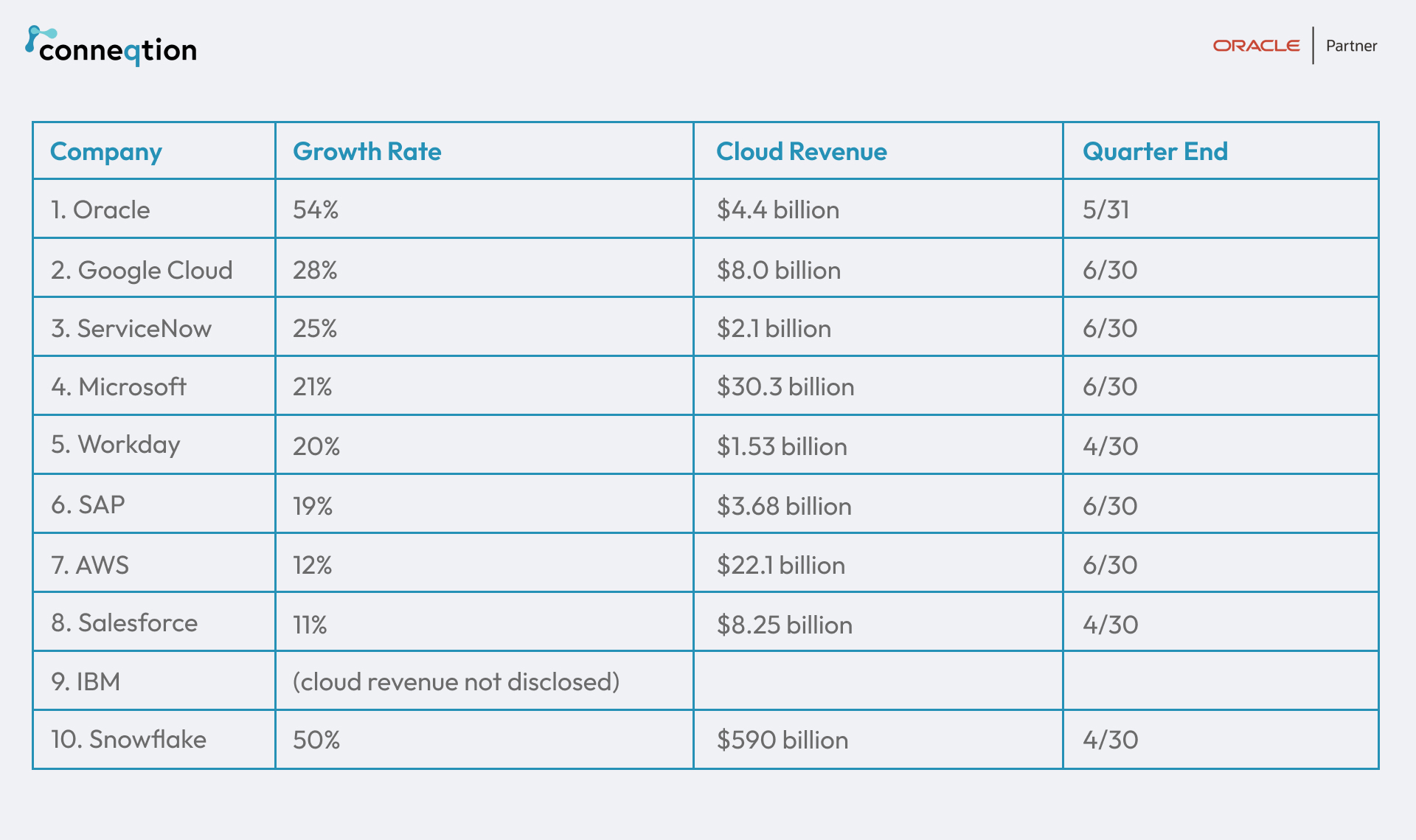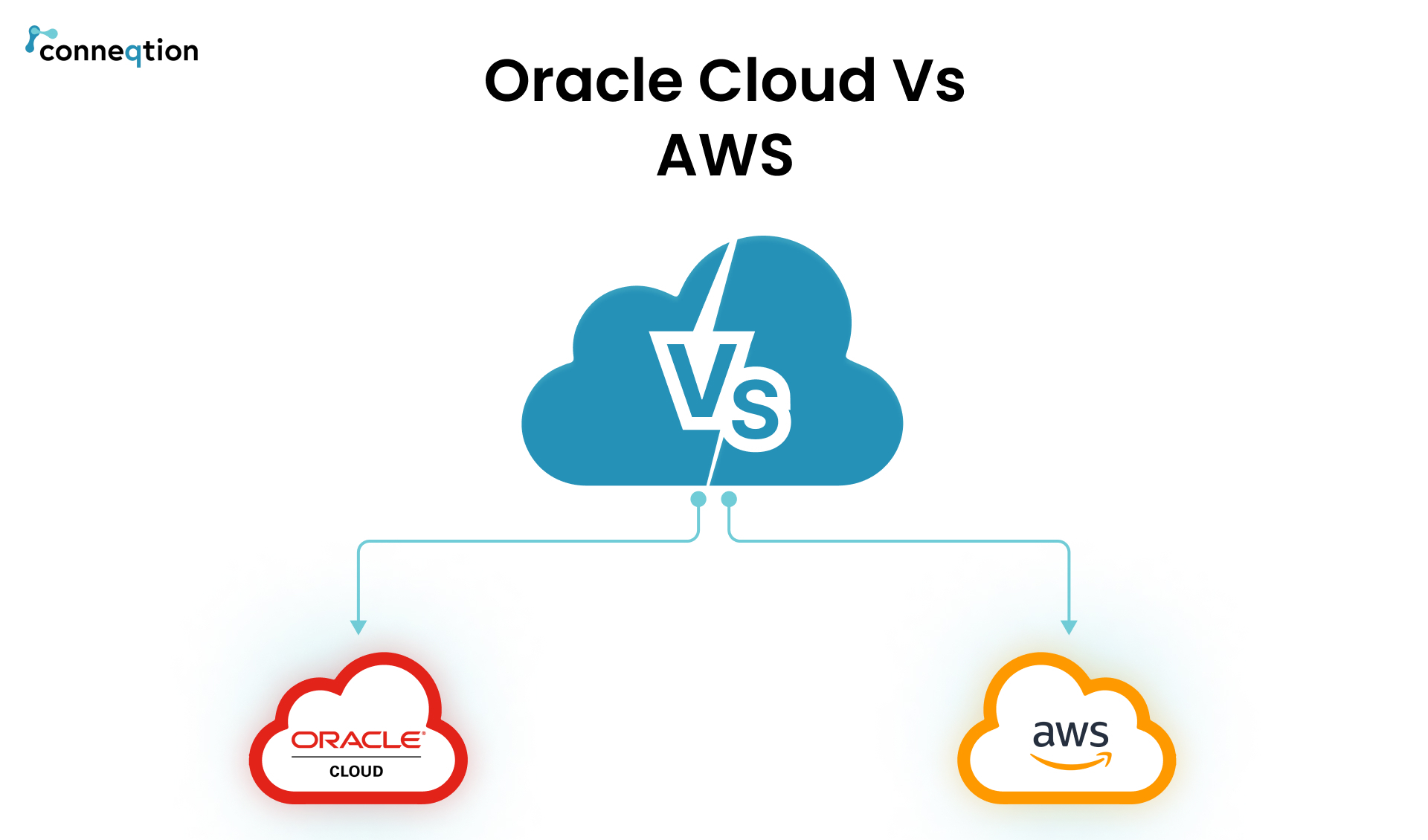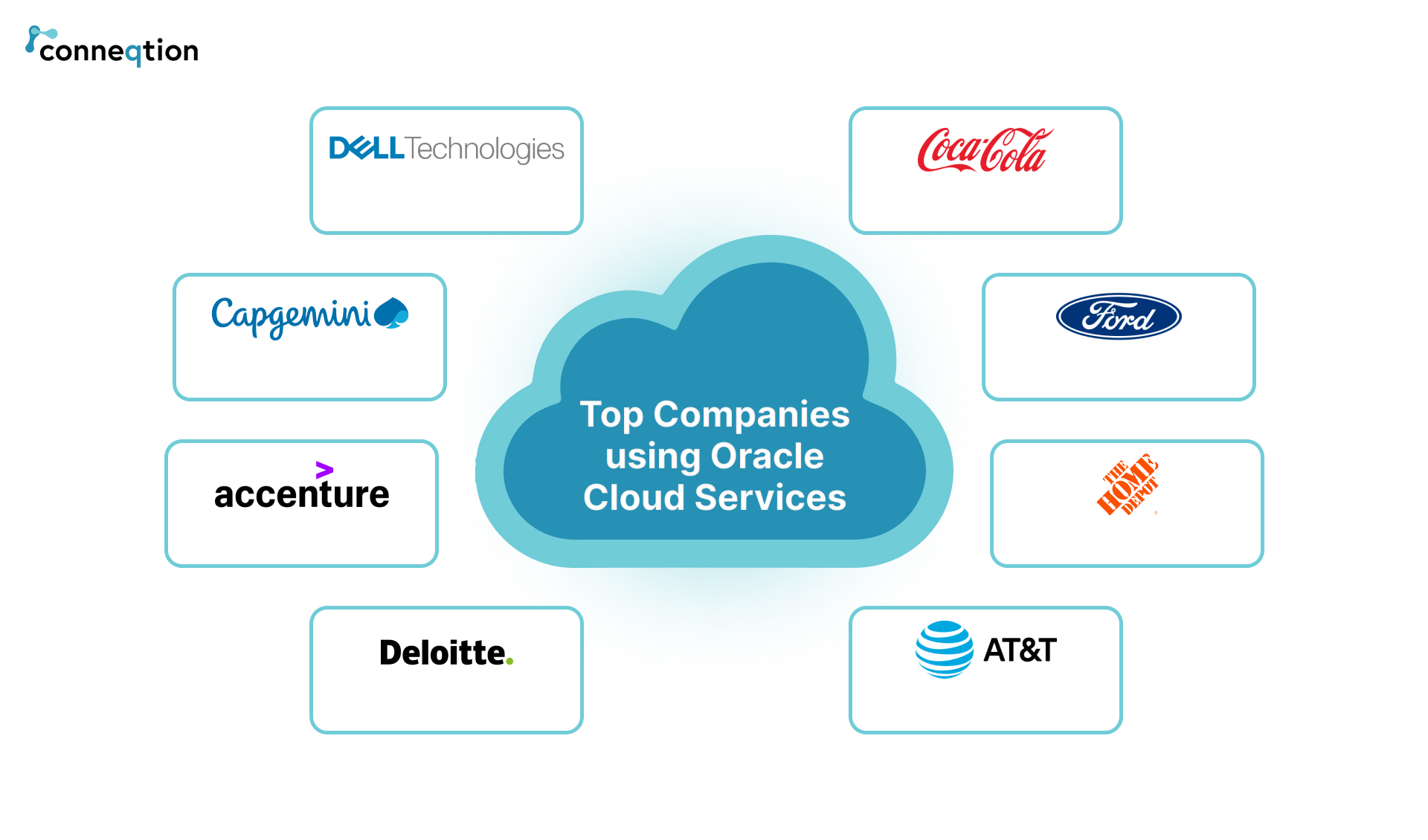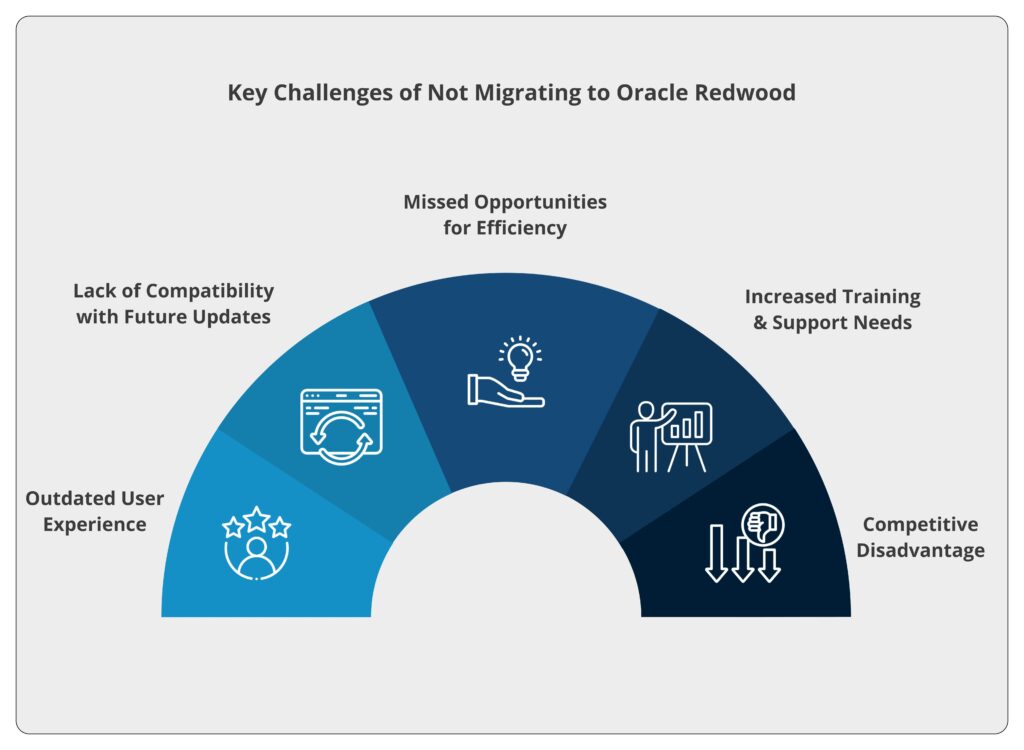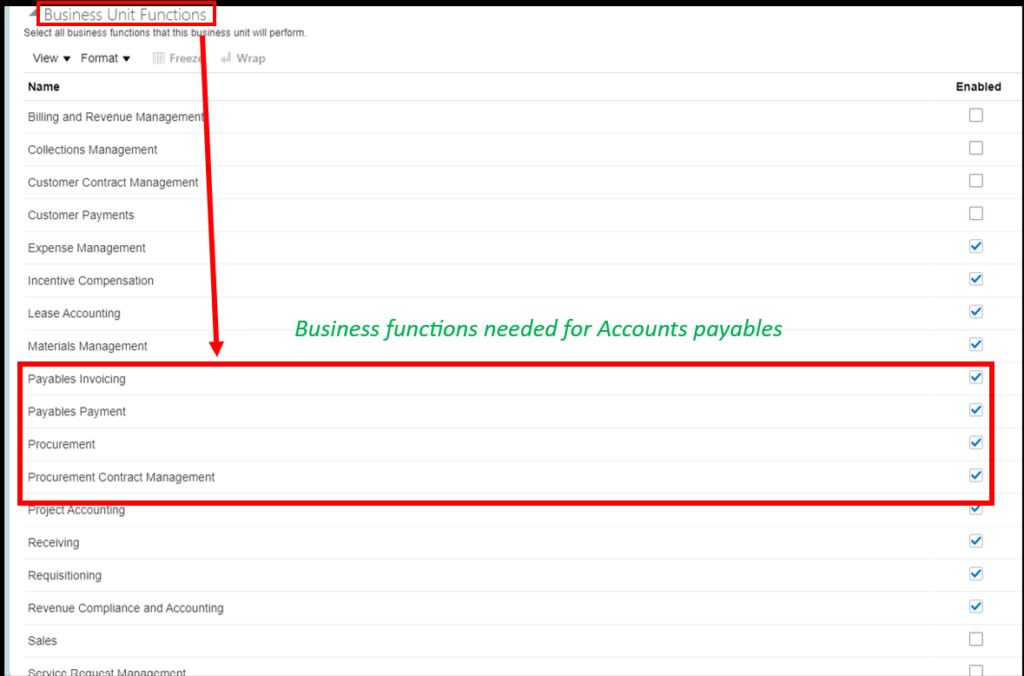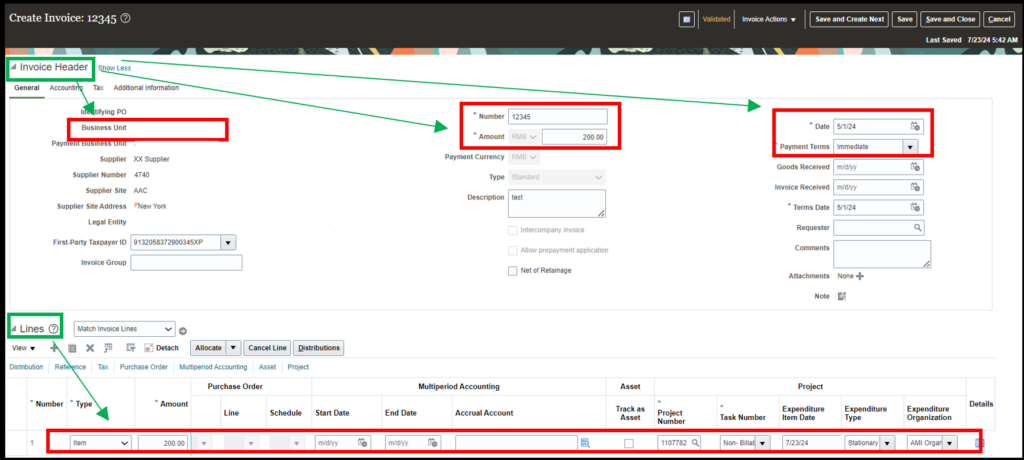Table of Contents:-
- Oracle Cloud Service overview
- Which businesses require Oracle Cloud?
- Types of Oracle Cloud Services
- AWS cloud service overview
- Which industry can acquire AWS?
- Types of AWS cloud services
- Why is Oracle Cloud Services better than AWS?
- Key Feature Comparison between Oracle Cloud Services and AWS
Approximately 90% of enterprises use cloud services in their businesses. Whereas Oracle Cloud and Amazon Web Services (AWS) are both industry leading cloud computing platforms that offer a vast range of options to help enterprises manage their IT resources more effectively. So, we have compared these two services with their features and types to let you know which will suit your business model.
Oracle Cloud Services Overview
Oracle Cloud is a package of cloud computing services offered by Oracle Corporation. 58% of US customers use Oracle Cloud Infrastructure. It includes computing, storage, networking, and application development, as well as a platform for custom applications. 49% of users from companies (greater than 1000 employees) are using Oracle Cloud infrastructure. It can be accessed over the internet and is designed to help businesses of all sizes manage their IT resources. Also, Larry Ellison, the founder of Oracle, says “The need for cloud independence is increasing to the point where eventually every nation will desire its own independent cloud.”
Which businesses require Oracle Cloud?
There are some businesses that may benefit from Oracle Cloud, including:
- To run mission-critical workloads, such as databases and ERP systems, in the cloud
- To store and analyse large amounts of data.
- To build and deploy custom applications quickly and easily.
- To take advantage of the scalability and flexibility of cloud computing to reduce costs and improve agility.
- Businesses that are looking for a comprehensive and integrated suite of cloud services.
Types of Oracle Cloud Services
Oracle Cloud offers a different type of service that can be broadly grouped into the following categories:
- Infrastructure as a Service (IaaS): This includes services for computing, storage, and networking, such as compute instances, block and object storage, and virtual cloud networks.
- Platform as a Service (PaaS): It includes services for application development, such as databases, Java, and integration services, which help developers create and run applications without having to worry about managing the underlying infrastructure.
- Software as a Service (SaaS): It includes a variety of enterprise applications, such as ERP, HCM, and CX, that can be accessed over the internet.
While the above are the main types of services offered by Oracle cloud storage, they keep adding new services to their cloud portfolio.
AWS Cloud Services Overview
Amazon Web Services (AWS) is a set of remote computing that put together a cloud computing platform, offered by Amazon.com. AWS offers the same selection of services as Oracle Cloud, such as storage, networking, databases, application services, analytics, machine learning, artificial intelligence, the Internet of Things, mobile, and security, to customers of all sizes, from start-ups to big enterprises. AWS allows customers to pay only for the services they use and gives them the flexibility to scale up or down their usage as their computing requirements change.
Which industries can benefit from AWS?
AWS can be beneficial for businesses in various fields and industries, such as:
Startups: AWS can provide cost-effective solutions for startups to quickly launch their applications and scale as their business grows.
Media and Entertainment: AWS allows media and entertainment companies to process and store large amounts of data, and stream content to global audiences.
Healthcare: AWS allows healthcare providers to store and analyse patient data and to build and deploy custom applications for telemedicine and other healthcare services.
Retail: AWS allows retailers to store and analyse customer data, and to build and deploy custom applications for e-commerce and other retail services.
Financial Services: AWS allows financial services companies to store and analyse financial data, and to build and deploy custom applications for banking, insurance, and other financial services.
Government and Public Sector: AWS allows government and public sector organisations to store and analyse data and to build and deploy custom applications for various government services.
Education: AWS allows educational institutions to store and analyse student data and to build and deploy custom applications for online learning and other educational services.
Overall, AWS is suitable for any business that needs to manage their IT resources more efficiently, regardless of size or industry.
Types of AWS Cloud Services
Amazon Web Services (AWS) offers cloud computing services that can be largely clustered into the following categories:
Compute: It includes services for computing power and storage, such as Amazon Elastic Compute Cloud (EC2) for virtual servers and Amazon Elastic Block Store (EBS) for block storage.
Storage: This offers services for data storage and archiving, such as Amazon Simple Storage Service (S3) for object storage and Amazon Glacier for archival storage.
Database: This includes services for relational, non-relational, in-memory, and graph databases, such as Amazon Relational Database Service (RDS) and Amazon DynamoDB.
Networking: This category includes services for networking, such as Amazon Virtual Private Cloud (VPC) for creating private networks and Amazon Route 53 for domain name system (DNS) services.
Other services are like those provided by Oracle Cloud.
Why is Oracle Cloud Services better than AWS?
Oracle Cloud Infrastructure offers better performance at a drastically lower cost than AWS. As AWS users facing the billing surprises and received more than they expected. This means that if your company grows globally, there will be no hidden price differences with Oracle Cloud Service. Below are some of the reasons why Oracle Cloud Service is better than AWS.
- Oracle also offers Universal Credits, which allow customers to use any Oracle Cloud Infrastructure or Platform Service in any region at substantial savings while committing to manageable monthly spending.
- The pricing structure is simple and predictable, without any surprises in the billing.
- Oracle offers SLAs covering performance, availability, and manageability of services, whereas AWS does not offer any SLAs.
Key Feature Comparison between Oracle Cloud Services and AWS
Here is a table that compares some of the key differences between Oracle Cloud and AWS in terms of their features:
Oracle Cloud Service | AWS |
| Offers enterprise-grade services, including databases, application development tools, and business intelligence. | Offers services including compute, storage, and databases. |
| It has strong focus on enterprise customers, with a range of features designed to meet the needs of large organizations. | It has services for businesses of startups, with a focus on flexibility. |
| It has a strong focus on integration with on-premises systems, with a range of features designed to help businesses easily connect their on-premises systems to the cloud. | It has a wide range of services, including compute, storage, and databases, but does not have a strong focus on integration with on-premises systems. |
| Mainly focus on performance and high availability. | Strong focus on flexibility. |
Conclusion
It’s worth noting that Oracle Cloud has a much wider range of services and integrations than AWS. while Oracle Cloud focuses more on providing enterprise-grade services and integration with on-premises systems. To get an Oracle Cloud integration service, get in touch with us now, as Conneqtion Group has experienced and certified Oracle consultants.


